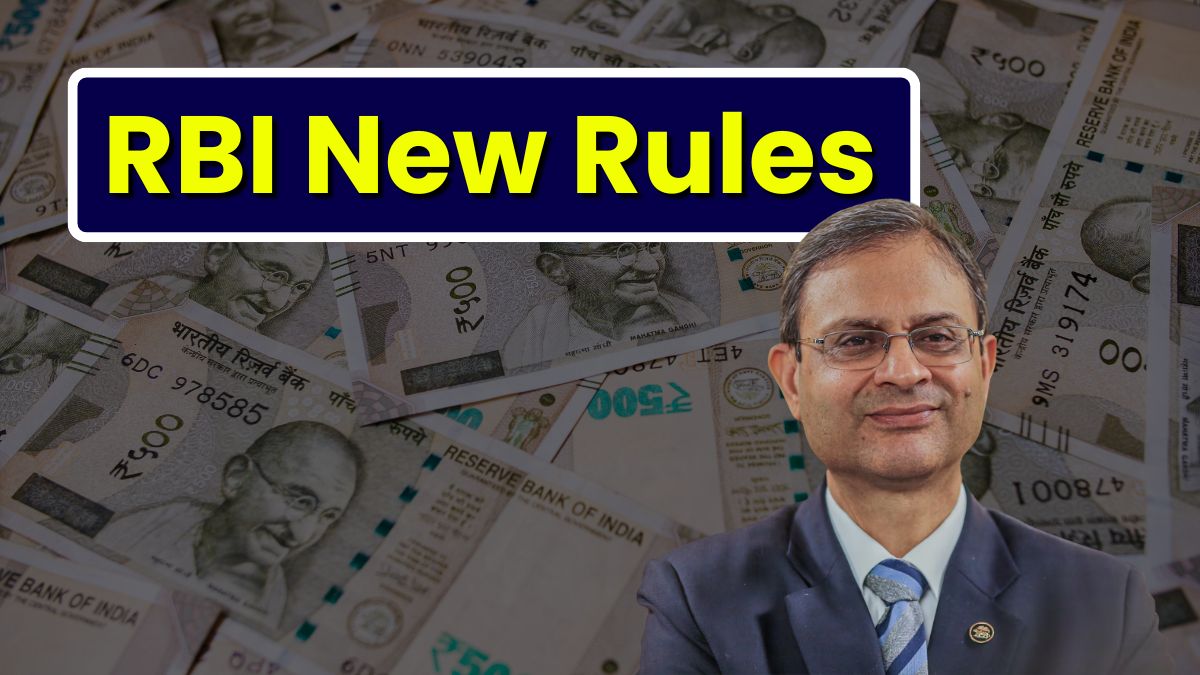Have you ever wondered what happens to someone’s bank account or locker after they pass away?
Until now, families often faced long delays, endless paperwork, and emotional stress just to access their loved one’s savings.
But here’s the good news — the Reserve Bank of India (RBI) has finally stepped in with a major reform that promises quicker settlements and fair compensation for any delays.
Let’s break it down in simple words.
What Has Changed?
The RBI has issued new rules that make it mandatory for all banks — public, private, and cooperative — to settle claims related to deceased customers’ accounts, lockers, or safe custody items within 15 days of receiving all required documents.
That means no more waiting for months to get what’s rightfully yours.
And if the bank fails to settle within those 15 days?
Then the claimant (family or nominee) will be entitled to compensation.
The RBI has asked all banks to fully implement these rules by March 31, 2026.
Simpler Claim Process for Nominees and Survivors
Here’s the thing — earlier, even if someone was listed as a nominee, the process could still drag on with unnecessary formalities.
Under the new RBI rules, if the account has a nominee or a “survivorship clause” (like “either or survivor” in joint accounts), the bank will directly release the balance to that nominee or surviving account holder.
Once this payment is made, the bank’s responsibility ends. There will be no need for extra legal procedures or court verification.
It’s a huge relief for thousands of families who often get stuck in paperwork during already difficult times.
Threshold Limits for Small Claims
Now, what if there’s no nominee mentioned?
In such cases, the RBI has set threshold limits to simplify the process for smaller claims:
| Type of Bank | Simplified Claim Limit |
|---|---|
| Cooperative Banks | ₹5 lakh |
| Other Banks (Public/Private) | ₹15 lakh |
Banks can even choose to increase these limits based on their internal policy.
However, if the claim exceeds the threshold limit, then the claimant will have to provide legal documents such as a succession certificate or legal heir certificate.
This approach ensures that smaller claims are settled faster — without dragging families through lengthy legal processes.
Rules Also Apply to Lockers and Safe Custody Items
The RBI didn’t stop at bank accounts.
The new framework also covers safe deposit lockers and safekeeping articles belonging to deceased customers.
If the rightful claimant submits the necessary documents, the bank must complete the settlement within 15 days, just like with account balances.
This uniformity ensures that families can access both money and personal belongings without unnecessary hurdles.
Why RBI Took This Step
Think about it — when someone passes away, their family shouldn’t have to chase the bank for months. Unfortunately, that’s been the reality for many.
Different banks had different rules, documents, and timelines. There was no standard process.
RBI’s new move changes that. The goal is simple:
- Faster claim settlements
- Uniform process across all banks
- Less paperwork and confusion
- Fair compensation for delays
In RBI’s words, the aim is to bring transparency, accountability, and compassion to the banking system — especially in times when families are already dealing with loss.
What This Means for You
If you have a bank account, locker, or safe deposit facility — this is the right time to:
- Add or update a nominee in your bank account.
- Make sure your family knows which documents are needed (like death certificate, ID proof, etc.).
- Keep a small note with bank details in a secure place.
It might feel uncomfortable to think about, but these small steps can make life much easier for your loved ones later.
Frequently Asked Questions
1. What happens if the bank doesn’t settle the claim within 15 days?
If a bank delays settlement beyond the 15-day period after receiving all documents, it will have to pay compensation to the claimant as per RBI’s guidelines.
2. What documents are usually required to claim a deceased person’s bank account?
Banks generally ask for the death certificate, claimant’s ID proof, relationship proof, and account details. Some may also request a declaration or indemnity form.
3. Do these rules apply to all banks in India?
Yes. The RBI has directed all commercial and cooperative banks to adopt these new rules. Implementation is mandatory by March 31, 2026.



